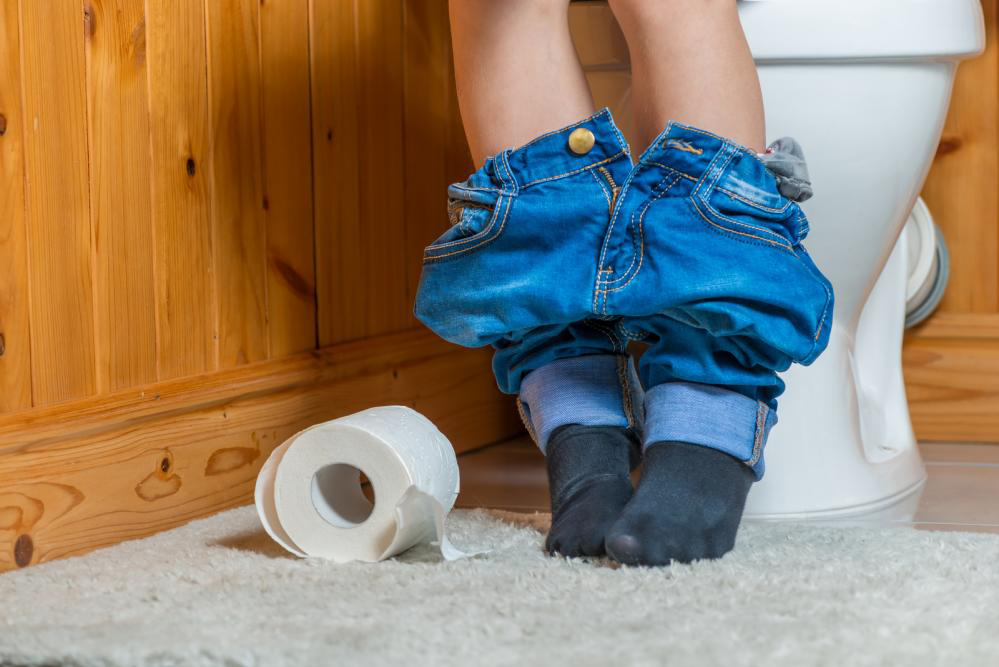How Bed-Wetting Can Lead to Behavioural Problems in Children


If your child is bed-wetting on a frequent basis, you are not alone. According to a study, over half a million children in the UK between 5 and 16 years of age suffer from this affliction. It is especially common in children who are younger than 6 years old. And while most grow out of it, some may require more help than others. While most will use the loo well in the day and remain dry at night, some can take months or even years to follow suit.
Potty training your children can be a challenge in itself; trying to teach struggling children can seem impossible. Rather than getting frustrated and stressing out the child, parents should understand the affliction and its effects; this will help them better deal with the issue.
Bed-wetting Symptoms
Bed-wetting or enuresis is diagnosed in children who fit the following criteria:
- They wet the bed or their clothes either deliberately or without meaning to.
- The child is about 5 to 6 years of age or older.
- The child wets the bed at least twice a week for at least 3 months in a row.
- The condition is not the result of an existing medical condition or from medication.
We are of course referring to nocturnal enuresis, i.e. bed-wetting that happens when the child is asleep at night. This is not to be confused with daytime enuresis. Daytime enuresis is common in excitable children or children that hold the urge to urinate rather than go to the bathroom.
Psychological Impact of Bed-wetting
The first thing that a bed-wetting child undergoes is low self-esteem. Needless to say, this can get worse if their caregivers or parents have a negative response to the incidents. The result? A child who refuses to socialise and prefers to remain indoors because they think they will be judged similarly by their friends and extended family members.
The incident can be more than just embarrassing for children and it can impact not only their nightly routine but also how they interact with others. Many seem withdrawn when they get up in the morning knowing what they will find when they remove the sheets.
That’s because they believe that the problem will not go away any time soon especially if they are yelled at. Rather than being a bed-wetting solution, that is just a way for parents to vent their frustration. To a child, it can mean the end of the world!
If you do not curb the and berate the child continuously, he/she may take their frustration out in school. They may act out or have trouble focusing in lessons. In worse case scenarios, they may even have trouble making friends because they will be constantly afraid that their problem will be discovered.
Many stop having friends over or refuse to go to parties which ultimately has a negative impact on their social skills. Some may also develop nocturia as adults if their bedwetting issue is not treated early enough. The extent of the condition depends on the child’s social activities and the reaction of caregivers.
According to the chair of urology at the Wake Forest University School of Medicine, Anthony Atala, stress and bed-wetting are not directly related. Even though anxiety or stress may not trigger an incident, the behaviour of the child post bed-wetting can exacerbate their condition. For instance if they feel stressed enough to drink a lot of water, eat a diet that is rich in salt or drink right before bedtime, their chances of nocturnal enuresis increase exponentially.
Like adults, children can also turn to highly processed food to negate stress or comfort themselves after a traumatic incident. However, by eating snacks that are high in salt, their bodies start to retain fluid rather than voiding it. When they go to bed at night, all of that reserved fluid leaks out of the tiny bladders.
Even if stress is causing your child to drink excessively before bed, the best way to help them is to acknowledge the behaviour that comes after it with patience and love. For example, rather than blaming the child, explain why it happens. Tell them what you can do to help them get through it.
Plus, reward them for dry nights even if they end in a few days. Encourage them to socialise and encourage them to head to the loo whenever they feel the urge to go even if it is just a little. If these solutions don’t work, get a bedwetting alarm for your child that can train them to stop urinating at night.
Support Your Child with PEEPIYA Bed-wetting Treatment Solution
Parenting doesn’t have to be a challenge especially if you have the PEEPIYA Bed-wetting Treatment Solution from Qutek Junior. The state of the art bedwetting alarm does not involve any medication and is completely non-invasive to ensure your child can have a decent night’s dry sleep.
The sensor clips are highly sensitive and can be tucked away into your child’s pyjamas. When they get wet, the alarm wakes up the child who can then head to the toilet to urinate. It’s that simple! As the ideal bed-wetting and potty training solution, PEEPIYA you can help your child regain their ailing self-esteem. They’ll regain control of their bladder at the same time before it is too late.
The alarm comes with an adjustable strap that can be adjusted by both kids and adults who use it. The single button setup is quite user-friendly. Plus, it does not take up much power at all and is made from eco-friendly materials. Order your PEEPIYA Bed-wetting Treatment Solution today and ensure your child has dry nights in the future.
